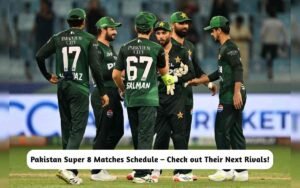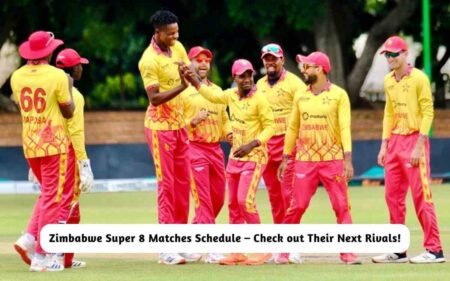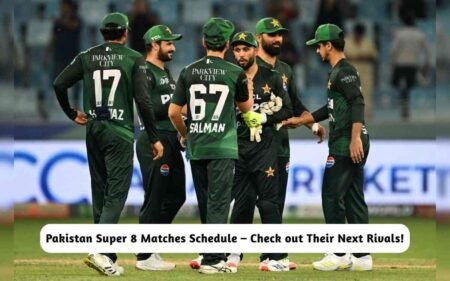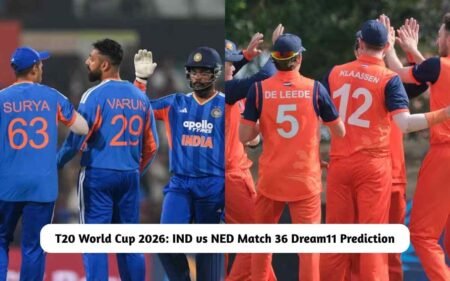Former India spinner Harbhajan Singh has never been one to shy away from speaking his mind. This time, the cricket legend has made a passionate plea that is echoing far beyond the boundary ropes—India should refuse to play Pakistan in the upcoming Asia Cup 2025.
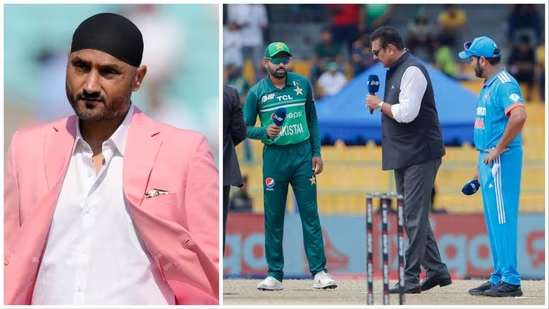
His reasoning is rooted in patriotism and empathy for the sacrifices of Indian soldiers. “Humare jawaan ghar wapas nahi aate, aur hum cricket khelne chale jaate hain” — “Our soldiers don’t return home, and yet we go on to play cricket,” Harbhajan said, in words that have struck a deep chord among fans.
Putting the Nation Before the Game
Harbhajan made it clear that for him, national interest will always outweigh the importance of any cricket match, no matter how high-profile.
“When our soldiers are laying down their lives for the country, we should stand with them. Skipping a cricket match is a very small thing compared to the sacrifice they make,” he explained.
Harbhajan’s sentiment comes at a time when tensions between India and Pakistan are again making headlines.
He believes that engaging in cricket under such circumstances sends the wrong message and diverts focus from more pressing national issues.
This is not the first time Harbhajan has taken such a stance. Recently, during the World Championship of Legends, the India Champions team—featuring Harbhajan—refused to play Pakistan Champions in protest against a terror attack in Pahalgam that claimed the lives of Indian security personnel.
Also Read: IND vs Pak Match Safe Or Not In Asia Cup 2025
For Harbhajan, it is about consistency—actions matching words. “We can’t celebrate on the cricket field while families are grieving because their loved ones didn’t come back from the border,” he said.
“When there’s fighting on the border and tensions running high between the two nations, how can we go and play cricket? Until these bigger issues are resolved, the game becomes a very small matter in comparison.”
Harbhajan’s comments resonate not just with cricket fans but also with those who follow military affairs closely. The imagery he invokes—of soldiers not returning home—reminds citizens that sport, while important, is still just a game.
For many, his message is a call to rethink the notion that “cricket is separate from politics.” Harbhajan argues that when the nation’s morale and security are on the line, sport cannot exist in a vacuum.
Social media has been abuzz since Harbhajan’s statement. Hashtags supporting his view have begun trending, with many praising him for speaking out despite the commercial weight attached to India–Pakistan fixtures.
Others, however, counter that cricket offers a neutral ground for engagement and that boycotts only deepen divisions.
This split in opinion shows just how sensitive and layered the issue is—combining patriotism, economics, diplomacy, and sport.
Harbhajan Singh’s passionate appeal is a reminder that cricket, for all its drama and glory, is still just a game compared to the realities faced by those who guard the nation’s borders.
His call to boycott Pakistan in the Asia Cup is not about denying fans an iconic clash—it’s about sending a message that the lives of soldiers matter more than any match.
As the Asia Cup approaches, the BCCI will have to decide whether to go ahead with the scheduled fixture or take a stand in line with Harbhajan’s words. Either way, the conversation he has sparked is unlikely to fade anytime soon.


